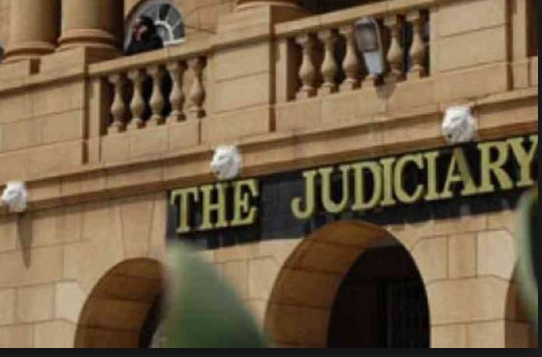
Four new members of the Judicial Service Commission (JSC) took office last week, after the Court of Appeal discharged a long-standing injunction preventing their swearing in. Those on whom Chief Justice David Maraga administered the oath include Attorney General Paul Kihara Kariuki, who is a member of the JSC by virtue of his office, and Patrick Gichohi, representing the Public Service Commission. The other two were former Kenyatta University Vice Chancellor Oliver Mugenda and former Cabinet Secretary Felix Kosgey, both appointed as representatives of the public interest.